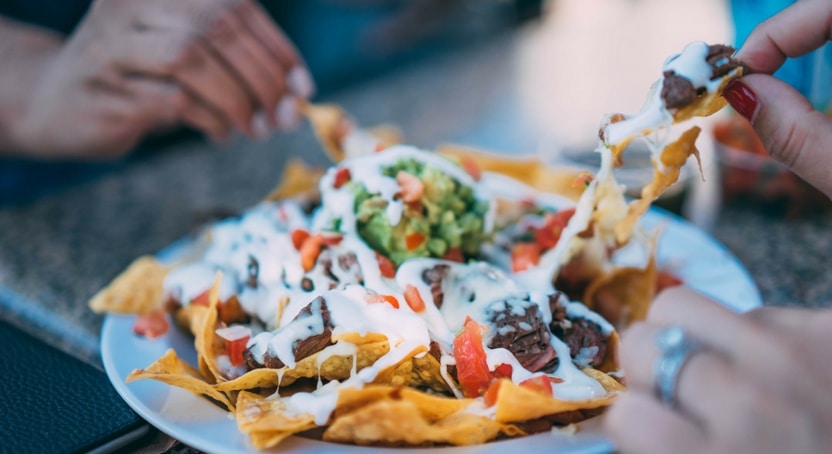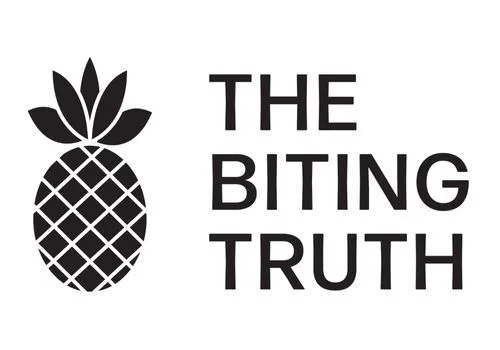
Have you ever wondered how your body manages your appetite? Here at TBT, we believe in empowering you with the science inside your body so that you can make changes to improve your overall health. We’ve put together a summary of some major hormones that play a role in your appetite and thrown in some simple tips that you can follow to get in tune and master them … before they master you!
Ghrelin
Feeling peckish? You can thank ghrelin for that. Often referred to as ‘the hunger hormone’, it’s ghrelin that makes us feel hungry. It is made and released from the inside of our stomach and travels in our blood up to our brain to signal that it’s time to eat. Ghrelin works on a cycle, rising before meals and dropping after meals.
Tip: Listen to your hunger cues! When it comes to hunger, it’s so important to listen to your body. When ghrelin is released before a meal, you feel hungry. If the meal is still an hour or two away, it’s important to act on that hunger signal as otherwise the effect will continue to build and result in overeating at your next meal. Avoid the mad rush to the pantry or party table by packing a small but satisfying snack to munch on the go or before the event – think air-popped popcorn, a wholesome muesli bar or a handful of unsalted nuts for filling fibre and protein to surf through to your next meal.
Leptin
This is the guy that signals us to feel full after a meal and therefore plays an important role in appetite regulation. Leptin is produced by our fat cells and works to turn down appetite signals in the brain. If you carry excess body weight, you may have experienced feeling ‘always hungry’ or ‘never full’. A common reason for this is that your body is experiencing what we refer to as ‘leptin resistance’. This is when the body churns loads of leptin but the brain does not respond – i.e. it is resistant to the leptin and hunger signals keep firing. Some research suggests that inflammation in the body can contribute to leptin resistance and therefore consuming a diet rich in anti-inflammatory foods such as foods rich in antioxidants (fruit and vegetables) and high in omega 3s (oily fish, nuts, eggs) may be helpful.
Tip: Get at least 7 hours sleep – Ever wondered why you don’t feel peckish when you’re sleeping? Whilst we are sleeping, leptin levels rise. You produce less leptin when you don’t get enough sleep. Not only will you be more tired the next day, you’ll also be hungrier. Science has shown a link between not getting enough sleep (under 7 hours) and being overweight. Time to get to bed earlier!
Insulin
You may have heard of insulin in relation to diabetes. The role of insulin is to transfer glucose (a type of sugar) from your bloodstream to your muscle, fat and liver cells so that it can be used by your body for energy. As you’re reading this sentence, your brain is using up its supply of glucose for energy! Insulin makes sure that your blood sugar levels don’t get too high. In type 1 diabetes, the immune system destroys its own cells in the pancreas which makes insulin, which means blood glucose levels get very high and insulin injections or pumps are required. In other cases, insulin resistance occurs, where the cells don’t respond to your insulin resulting in more insulin being produced. This can eventually lead to type 2 diabetes.
Tip: Build up your muscle mass – If you’re someone that worries about your body ‘weight’, it’s more important to think about your body ‘fat’. Having more body fat and less muscle can stop your insulin from working properly, causing your blood sugar levels to go crazy. Focus on daily exercise to help build up your muscle mass and regular protein at meals and snacks to help you refuel and recover.
Cortisol
Cortisol is often referred to as the ‘stress’ hormone. It is released in response to stress and low blood pressure. A rise in cortisol levels stimulates the liver to release its stash of glucose into your bloodstream which makes it harder for our body to control our blood glucose levels. This slows down the use of glucose from our bloodstream which means that insulin is secreted to remove the excess. This results in a cycle of poor blood glucose control and makes it harder to maintain a healthy weight as the excess glucose that we don’t use up can be stored as fat.
Tip: Get some ‘me’ time – A high level of stress can increase the amount of cortisol your body produces. High cortisol levels can lower your immunity, which means you’re more prone to falling sick. There’s no need to worry about a little bit of stress but if you feel overwhelmed, it’s important to take some time out to rejuvenate! Take a short stroll outside or have a catch up with a friend to recalibrate.
Cholecystokinin
This hormone, sometimes abbreviated as CCK, is released into your gut and brain after you eat a meal. A little bit like leptin, CCK signals to your brain to suppress feelings of hunger. CCK also stimulates the digestion of fats and proteins in your food – including that smashed avo toast for brekkie! However, this hormone works with other hormones and has little effect on overall weight management on its own.
Tip: Eat slowly – Cholecystokinin gets released 20-30 minutes after eating a meal so it’s time to slow down. If you finish your meal and still feel hungry, wait 20-30 minutes before going back for seconds.
—
For more helpful reads like this, check out our other nutrition articles here!
